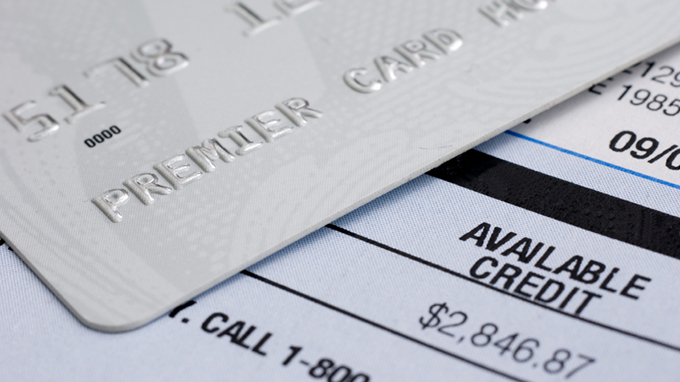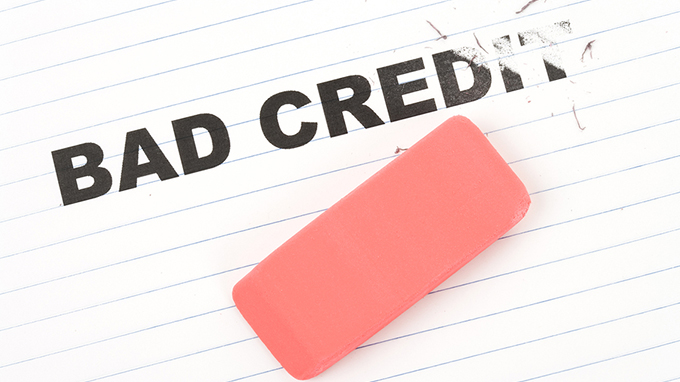After a home seller accepts your bid and a mortgage lender approves your home loan application, you might jump for joy and prepare your mind for ownership.
But while everything may seem to fall into place, the process isn’t complete until you sign the mortgage documents and take possession of your keys. It’s no surprise that mortgage lenders review income and credit before approving a home loan. But this isn’t the only time they review your finances – they will also check your credit on closing day. Why the double check?
It can take up to 30 days or longer to close on a mortgage loan. From a lender’s viewpoint, anything can happen with your credit and income during this time, and before finalizing the deal, they have to confirm that your situation hasn’t changed. This makes perfect sense. Some people, however, are unfamiliar with these last-minute checkups and they make choices that jeopardize their mortgage closing.
Mortgage lenders have tighten their requirements in the wake of the mortgage meltdown, and seemingly innocent actions on your part may prompt a bank to cancel your closing. But you can ensure a stress-free process.
Here are four things that can kill your home mortgage closing.
1. Acquiring a New Auto Loan

Buying a new car before your mortgage closing may not seem like a big deal. You might reason that you have the income to support both a mortgage payment and auto loan – and maybe you do. But when applying for a mortgage loan, lenders place great emphasis on your debt to income ratio. This is the percentage of your gross income that goes toward debt payments. For a mortgage approval, your debt to income ratio cannot exceed 36% to 40%, depending on the type of loan and lender.
A new car purchase in the days or weeks before closing won’t automatically ruin your deal. However, if your lender crunches the numbers and determines that your debt to income ratio with the new auto loan is higher than their requirement, they may cancel the closing. Ideally, it’s best to avoid new purchases until after you’ve closed on your mortgage. If you find yourself suddenly without a vehicle and need to finance a car, talk with your lender first. They’ll look at the number and decide how much leeway you have .
2. Charging Up Your Credit Cards

Some people pay down their credit card balances before applying for a mortgage loan. This is an excellent way to lower your debt to income ration and qualify for a better mortgage rate. But like acquiring a new car loan, charging up or maxing out your credit cards can have a negative impact on closing.
If an eleventh hour credit report check shows significantly higher balances, the lender will ask questions. Maybe you pulled out your credit cards to buy furniture and appliances for your new home. Regardless of the reason,these purchases increase your debt to income ratio. If you barely qualified for the home loan in the beginning, the smallest amount of new debt can kill your closing.
3. Quitting or Changing Your Job

Not only do lenders re-check your credit before closing, they’ll also re-check your employment status and income. The biggest mistake you can make before closing is quitting your job. Even if you take new employment, this change can postpone your closing. Lenders have to repeat the underwriting process and reevaluate your income, which can take several days or weeks. Any change in your employment or how you’re paid can affect closing. This includes going from a salaried position to an hourly or commission-based job, or going from full-time to part-time. To keep your closing on track, don’t make any employment moves until you sign the mortgage documents and receive your keys.
4. Negative Credit Report Updates

Stay on top of your credit during the mortgage process. Again, being approved for a mortgage doesn’t guarantee a closing. You may have excellent credit when the lender initially checks your report. But anything can happen between the initial check and closing. Don’t get comfortable after an approval and think that you’re untouchable. And don’t sneakily apply for a mortgage loan, with the hope of closing before negative information such as a judgment hits your credit report. These plans usually backfire, forcing a mortgage lender to pull out at the final hour.
